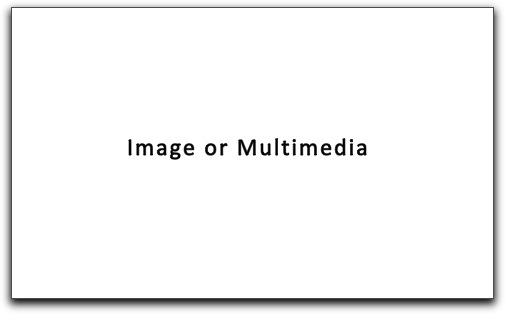Chapter 1. Prejudice
1.1 Prejudice

Short Description
Prejudice refers to our inclination to make judgments, evaluations, and assumptions about others based on their associative group. Our social identity is derived from our perception of relatedness and connection to our group.
Long Description
Prejudice refers to our inclination to make judgments, evaluations, and assumptions about others based on their associative group. Our social identity is derived from our perception of relatedness and connection to our group. Intergroup behaviors, both positive and negative, are often indicators of the beliefs and attitudes held by the group. Although groups can serve many positive functions, overgeneralizations about differences among groups can have negative implications. When we think of prejudice we tend to think of negative prejudice, in which negative evaluations are made about "the other." Negative prejudice can lead to various kinds of discrimination—the unjust act of treating someone differently because of his or her race, ethnicity, gender, age, sexual orientation, disability, or religious affiliation.
In 1954, Muzafer Sherif conducted a classic study of intergroup prejudice and conflict, known as the Robbers' Cave Experiment. In this experiment, boys were taken to a Boy Scout camp, divided into two groups, and asked to participate in a series of competitions with prizes for victory. The competitions evoked a great deal of conflict between the groups and resulted in fights between individuals. Researchers then presented a challenge too great for one group to achieve and noticed that when the boys worked together, conflict and animosity decreased.
Not all attitudes are consciously formed, however. David Myers makes the distinction between explicit, consciously created attitudes, and implicit, unconscious, and often unacknowledged attitudes or beliefs. Today, researchers are especially interested in the nature and mechanisms of implicit attitudes and how they influence behavior. If it were possible to eradicate harmful prejudice, says Jeff Greenberg, "we would have a much better world.